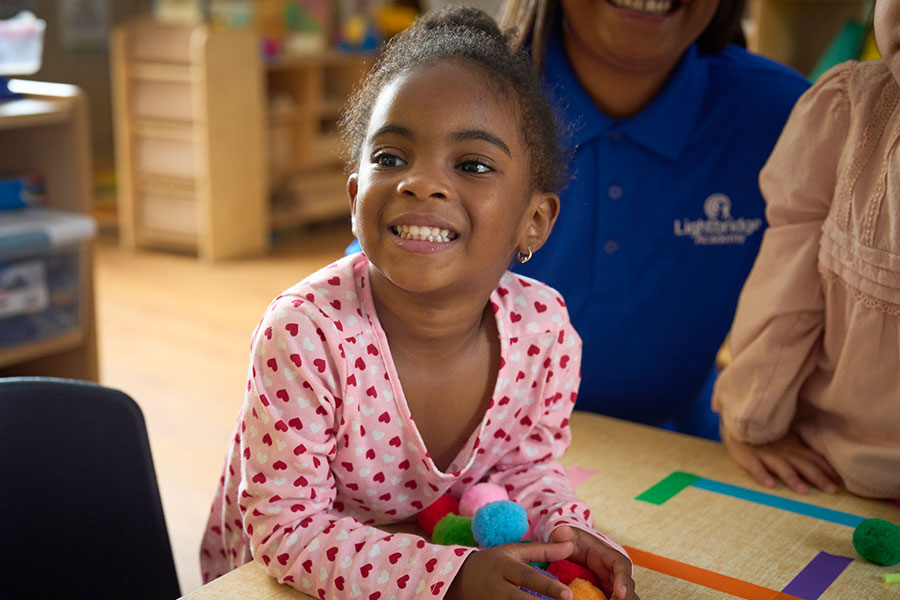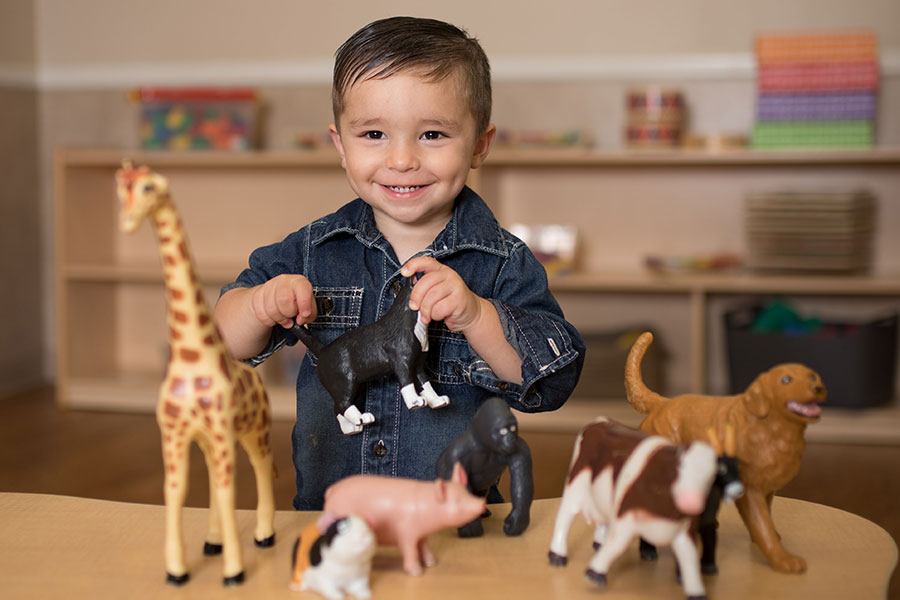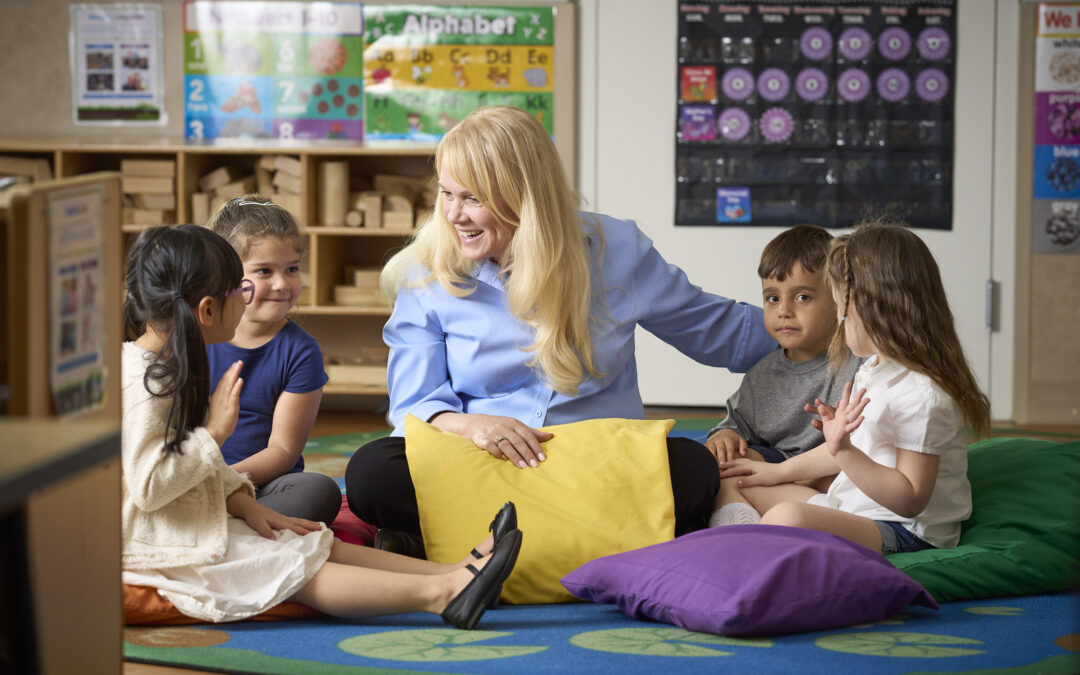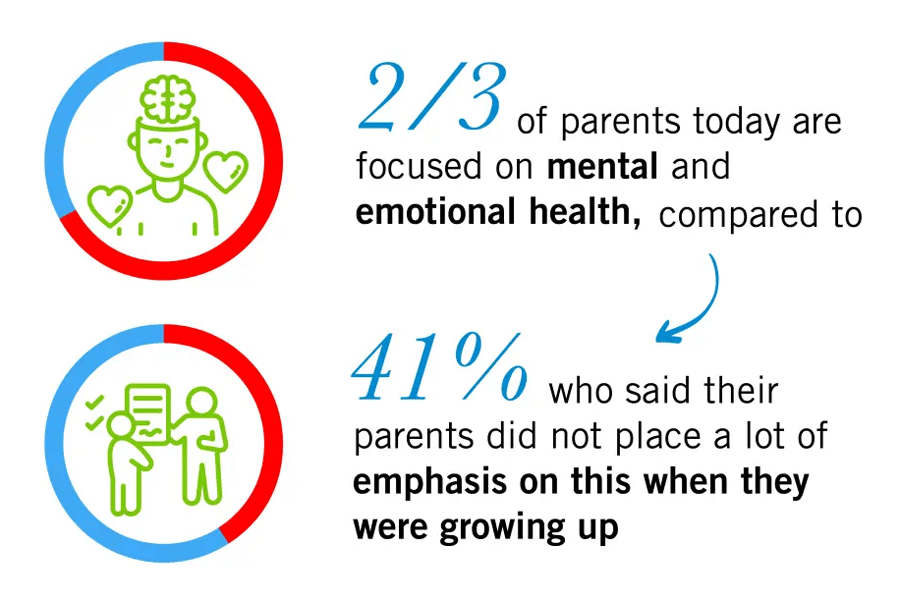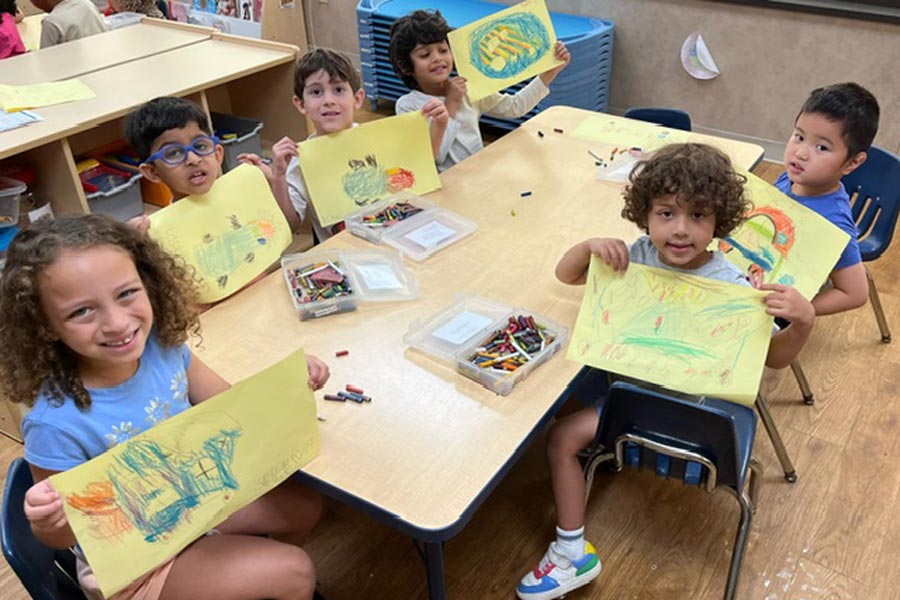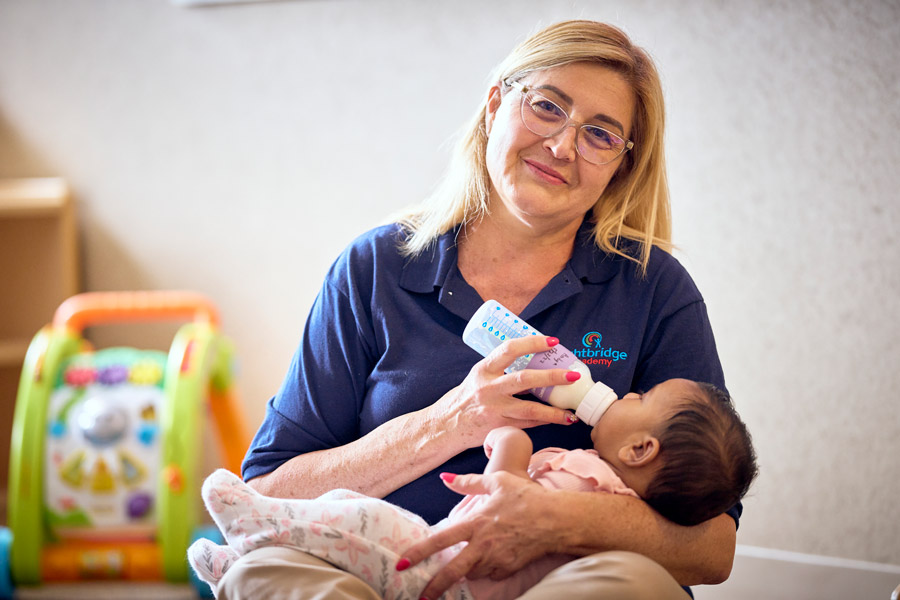Big feelings start early. Your little one is having new experiences every day, and although childhood is a time of wonder and awe, children are not immune to being challenged by life. For many parents, raising children who are positive and resilient is a priority.
Teaching Character at Home
We aren’t born with good character; rather, it’s a skill we develop and hone over time. When parents prioritize teaching children honesty, kindness, integrity, and courage, they give their little ones the skills they need to overcome obstacles and seize opportunities.
A reputable early learning center like Lightbridge Academy will partner with parents in teaching these habits, but these are virtues that they’ll learn primarily from their family and trusted adults.
The Power of Positivity
Positive people experience less stress, are more resilient when obstacles arise, and may even have better health outcomes. In children, positivity helps them to feel good about themselves, try new things, and achieve their goals.
Having a positive mindset serves us well throughout life. By raising positive kids, today’s parents are creating a new generation of individuals who are prepared for any challenge that may be thrown their way.
Teaching children to deal with negative thoughts
Teaching children honesty includes being honest about how they feel. As you encourage your child to think and act positively, it’s important to make sure they don’t start thinking that negative feelings are wrong or bad.
For adults and children alike, negative emotions like sadness, anger, and disappointment are key to processing difficult experiences. Discouraging them altogether isn’t healthy, either. Instead, teach your child to manage these emotions in a productive way and accept them as a part of life.
The Four Expert Tips for Raising Positive Kids
1. Be Patient
Children learn at their own pace, and it might take them a while to process what you are trying to teach them. Pressuring them to see or do things a certain way may backfire. Understand when it’s time to push and time to step back.
2. See Each Day as a Learning Opportunity
Toddlerhood and preschool are times of learning and exploration. Sometimes, learning means making mistakes. One of the most valuable lessons you can teach your child is that it’s okay to make mistakes or to not know the answer. Children who aren’t afraid to make mistakes are more enthusiastic about trying new things.
3. Provide Positive Reinforcement
One of the simplest ways to help a child develop an upbeat mindset is by encouraging them and providing affirmations. Positive kids are confident! When you tell your little one that they’ve done a good job, that you believe in them, and that you love them no matter what, they absorb those messages.
4. Model Positivity for Your Child
As a parent, you are your little one’s best role model. Expressing your emotions in a healthy way teaches your child to do the same thing. This applies to other virtues as well, like teaching children honesty. Children as young as two years old can understand the difference between right and wrong, and when they see adults – especially parents – tell lies or break promises, they’ll learn that it’s okay for them to do it, too.
Lightbridge Academy Helps Reinforce the Lessons Taught at Home
Beyond traditional subjects like reading, writing, and STEM, Lightbridge Academy’s Seedlings® curriculum includes age-appropriate yoga and mindfulness lessons that help children relax, learn coping skills, and develop a positive mindset.
Lightbridge Academy’s educational philosophy is the ideal accompaniment to the lessons on positivity, honesty, integrity, and kindness you are teaching them at home. To learn more about how we help parents raise positive kids, schedule a tour today.


